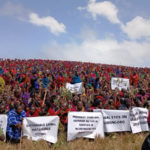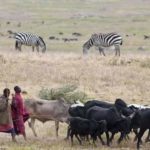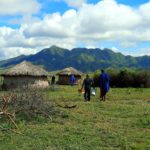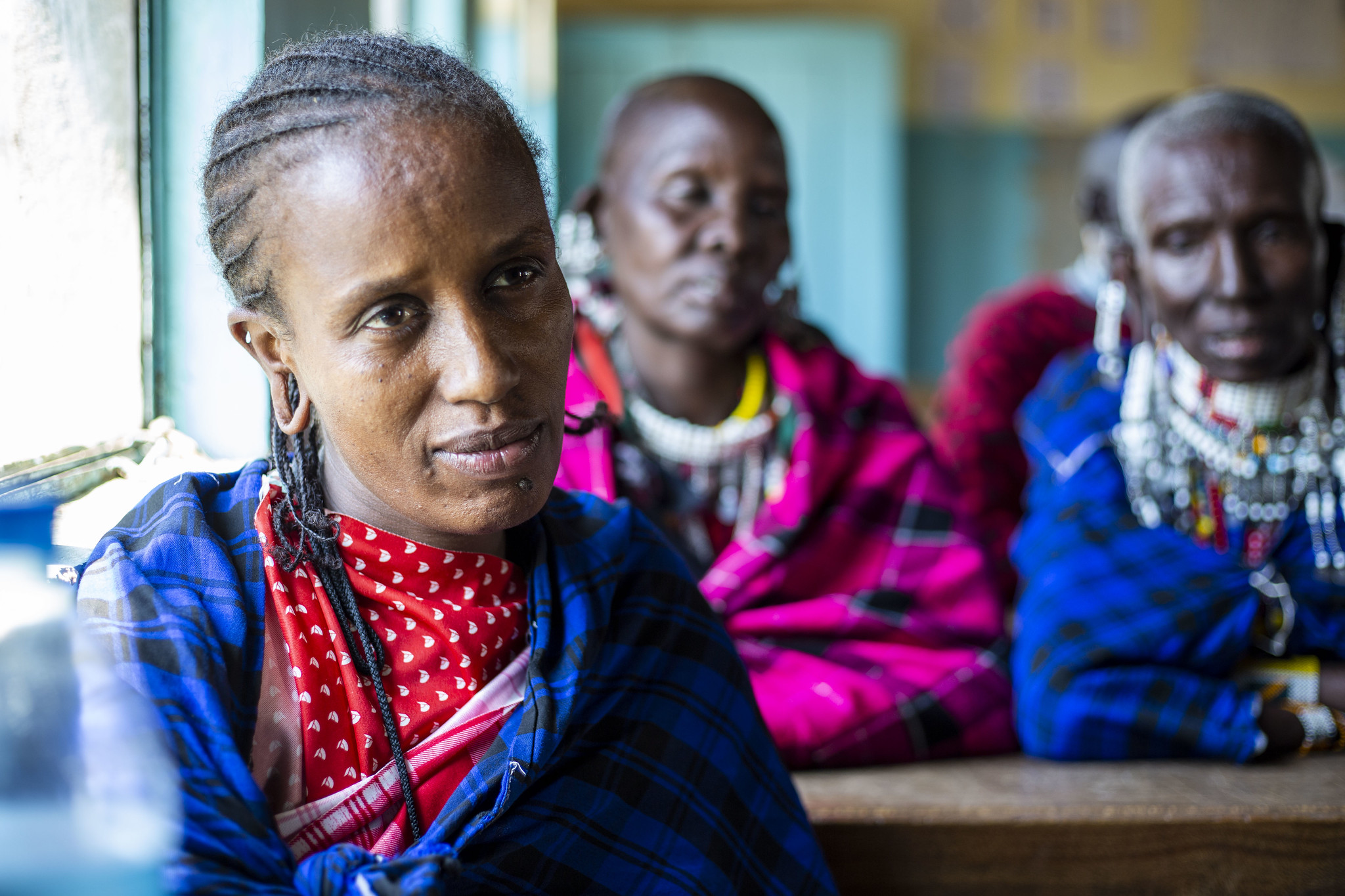Staff Reporter
The Maasai will appeal the recent pedestrian judgment by a bench of three judges at the first entrance division of the Arusha-based East African Court of Justice.
Don Deya, the counsel for the applicants, said that he will appeal the judgment. Last Friday (30th September 2022) the regional court delivered the long overdue decision of case number 10 of 2017.
Deya, the director of Pan African Lawyers Union, said for the sake of records, “Positively, the Court asserts that it has jurisdiction over the matter; that the case is admissible.”
He added, for good measure and for the entire world to hear, “Also positively, the Court accepts the principle that there is village land separate from Serengeti National Park.”
The court said that the applicants have not proven that the 2017 evictions took place on village land. It added that the alleged human rights violations were hearsay.
The judgment refers solely to the witnesses of the applicants who testified in court. It makes no mention of the several other witnesses whose affidavits were filed in court, and were not cross-examined. This did not take away the totality of the affidavit evidence on record.
The court contends that the witnesses of the applicants contradicted each. And that their testimonies were generally insufficient. However, the court treats the multitude of affidavits, and also the oral testimony of the applicants in a very shallow and callous manner.
The court did not attempt to analyse at all of the evidence of the applicants and respondents. It refuses to engage with the contradictions of the testimony of witnesses of the respondents.
It should be recalled too that the applicants called in an expert witness Dr. Cesare Mbaria. The court knocked out the detailed report of this witness on the basis that he was a Kenyan national, and did not possess a work permit to undertake work in Tanzania. The court did not state which Tanzanian law required this. It did not also state that East African Community law requires it.
The court does not address the injuries. It also kept a pounding silence on losses. Even if the evictions were lawful, they should not be done in an inhuman, degrading manner.
The judgment makes no reference to the three interim orders. First, the ruling of January 25, 2018 dismissing preliminary objections by the respondent. Second, the ruling of September 25, 2018 granting interim orders to the applicants. Third, the ruling dated November 20, 2018 calling for expert witnesses and dismissing applicants’ application for a site visit.
On ruling of case civil application number 15 of 2017, especially at paragraphs 46 and 48, the court already acknowledges that there was widespread social upheaval in the villages, and that Government officials had tried to intimidate the leadership of the villages to withdraw the case.
On June 10, 2022 the respondent, in typical contempt of the court, launched forcefully eviction the applicants. The displacement, sustained for weeks, started just 12 days before the original scheduled date of judgment. Was this a mere coincidence? Or was it an elaborate plan?
As gruesome video clips and still pictures from Loliondo made rounds in social media the court adjourned the date of the decision to September 2022 citing “unavoidable circumstances.” This caused extreme suspicion among the Maasai of Loliondo. As if that was not bad enough the court announced that instead of September 29, 2022 the judgment now will be read the next day.
On June 17, 2022 the Government, in yet contempt of the court, declared Pololeti Game Controlled Area on the contested land. This despite the then pending court decision.
The land in question belongs to 14 villages to the immediate East of Serengeti National Park. In 1993 the Government granted a hunting permit to Dubai-based Otterlo Business Corporation to hunt wild animals in the Loliondo Game Controlled Area which overlaps with village land. The Maasai have ever since resisted the unlawful occupation of their ancestral land.





